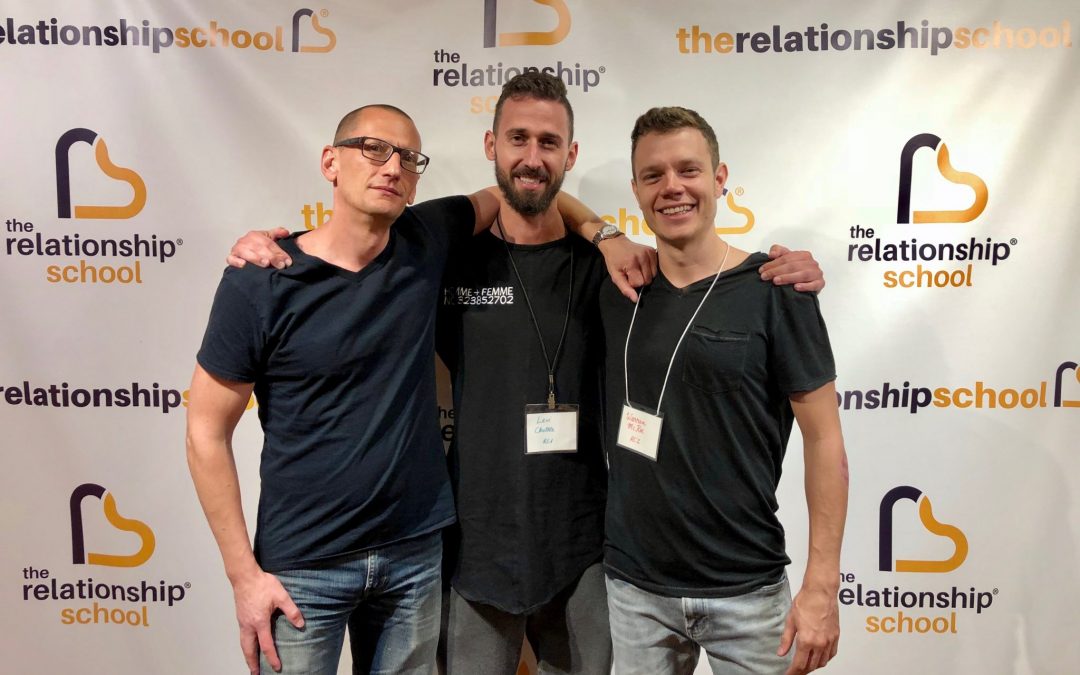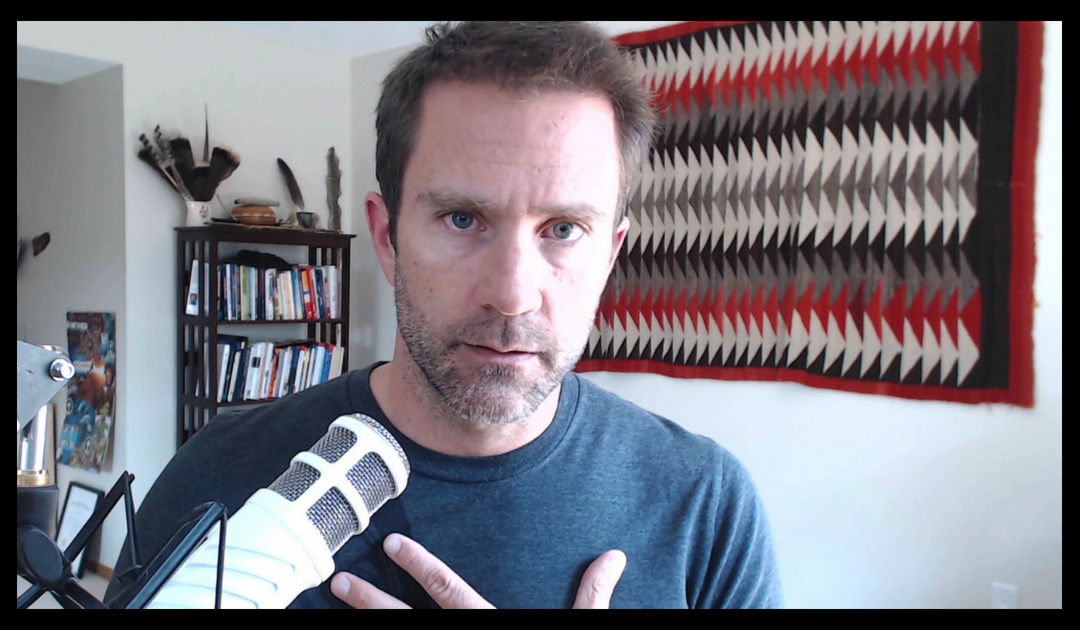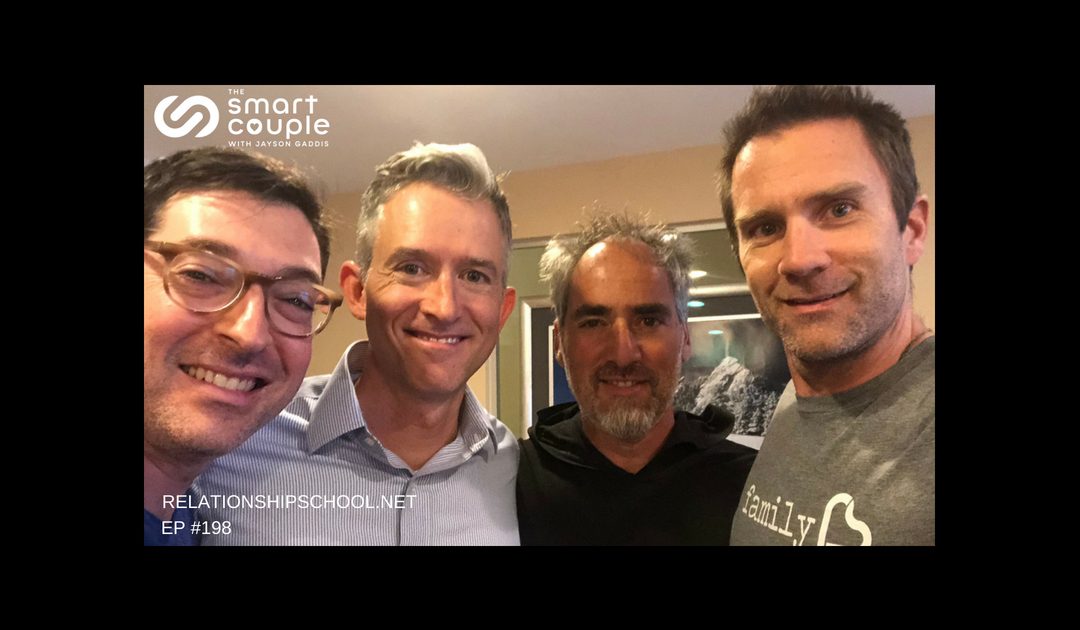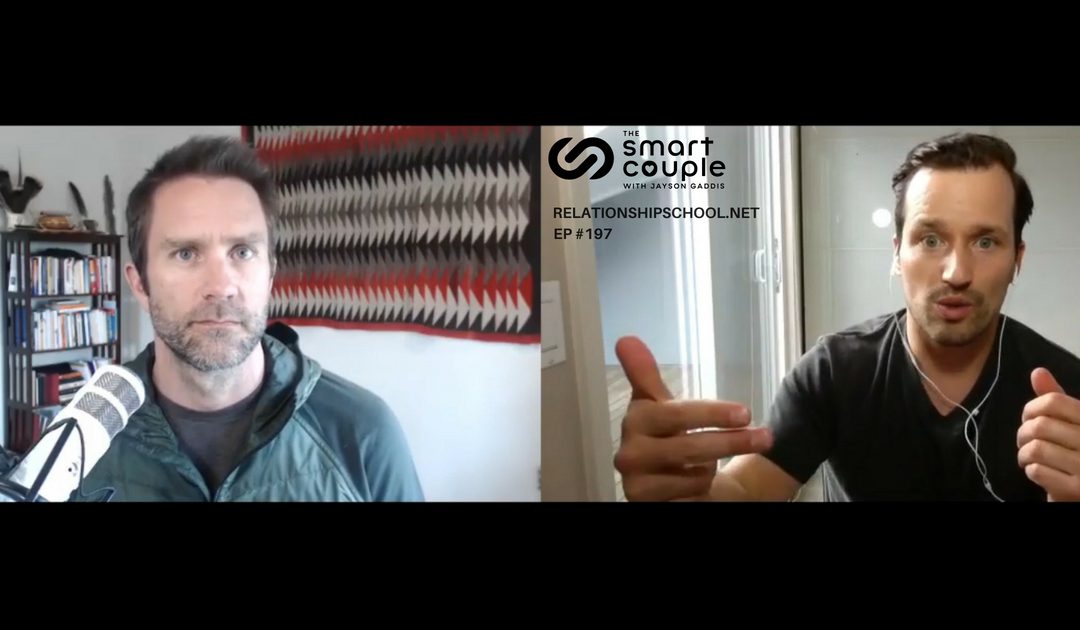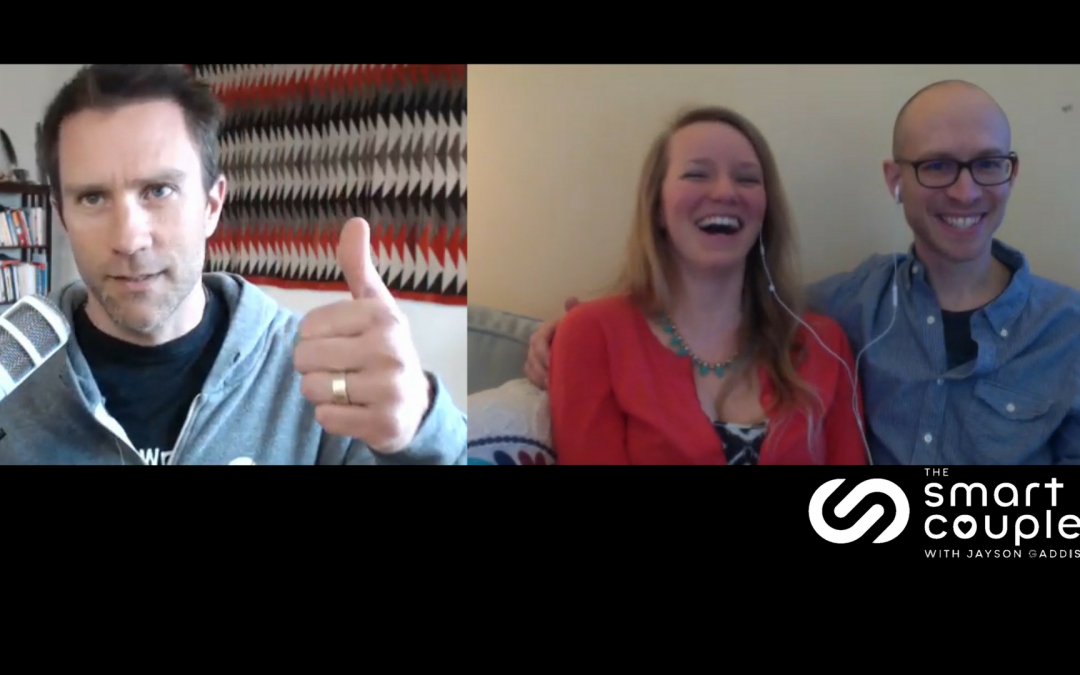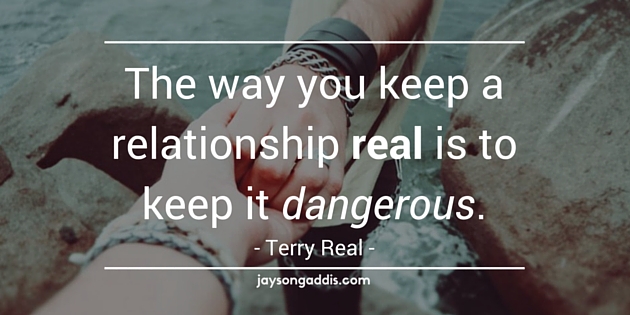The Four Best Words to Say When Comparing Yourself to Others
It’s super easy to do: open social media, scroll, and feel bad about yourself.
Why does this happen? Well, it’s because we’re all human. We do it subconsciously—comparing our lives to the standout moments and achievements others post on their feed.
It’s important to remember, though, that just because a person’s life looks like it’s better, that doesn’t mean it actually is. Chances are, that person is scrolling through the same feed and feeling bad about themselves, too.
So how do we avoid the comparison trap?
Comparison is Natural, but Unhealthy
First, keep in mind that comparison is normal. There’s no judgment here, and don’t judge yourself for it. There’s no “comparison off” switch that will allow us to stop.
It’s pretty easy to say, “Just stop comparing yourself to others.” It’s also easy to say, “Stop judging others.” Not gonna happen. It’s human nature, and we’re all going to do it.
What we can do, though, is prevent ourselves from getting caught in the rut—the cycle of shame and doubt that leaves us feeling worthless. We don’t need to let any day be ruined by choosing to compare—because yes, it is our choice.
Instead, let’s choose to say four key words that will release us from the comparison trap.
Four Words to Remember
When you catch yourself comparing and start to feel shame, stop and say these four words:
“That’s not my path.”
Because it’s not—you have a different life, a different journey and destiny. Besides, you can’t possibly go down all the paths. You’re only one person—and so are they. It might look like they’re having a wonderful life, but they may be miserable.
So keep in mind those four words and train yourself to speak them before you go into that trap. Even better, mentally (or with the “like” button) applaud their efforts and achievements—all the while telling yourself, “That’s not my path.” And it’s okay that it’s not.
Apples Will Never Be Oranges
Another thing that’s important to remember about comparison is that your values and the values of others aren’t going to be the same.
Whether you’re seeing a person heavily into fitness or healthy eating or with seemingly unending money…keep in mind that their motivation and inspiration are different than yours.
Maybe they’ve spent years working on weight lifting, inherited money that allowed them to buy nice things, or worked their butt off to get where they are. Regardless, the things they’ve chosen to put their time, money, and energy into aren’t going to be the same things you’ve chosen.
Remember the rule of apples and oranges. No matter the area, there will always be someone better than you—and you’ll always be better than someone else, too. That’s why comparison is futile.
Oranges can’t be apples no matter how hard they wish for it. That person who has muscles for days or a fancy car is probably feeling like an orange in a world full of apples, too.
Here’s a short video on comparison:
Accept Your Path or Change It—But for You
If you’re truly wanting to invest in some area of your life to empower yourself, to better your mental health and well-being, then decide whether you want to put in the time and effort—for you. If you’re in pain and your well-being matters to you in that area, by all means, go for it, but not to upstage or spite someone else.
Just remember there’s no need to compare your life to a two-second social media snapshot that people scroll through and forget. Find and commit to your path and let apples be apples.
If you would like to learn how to help someone struggling with self-comparison, sign up for our free training here.
____________________________________________________________
Photo Credit: Jason Briscoe – Unsplash


